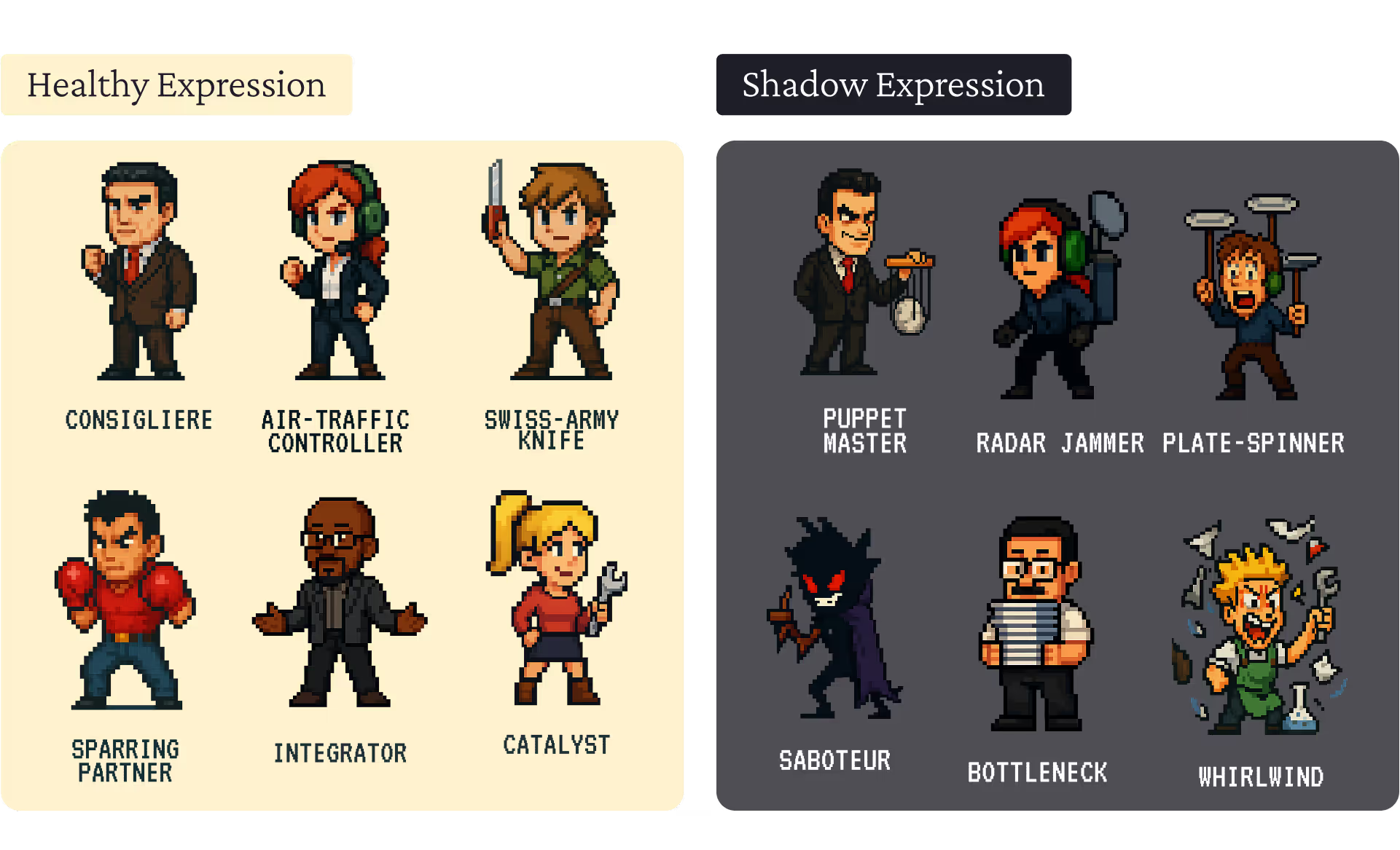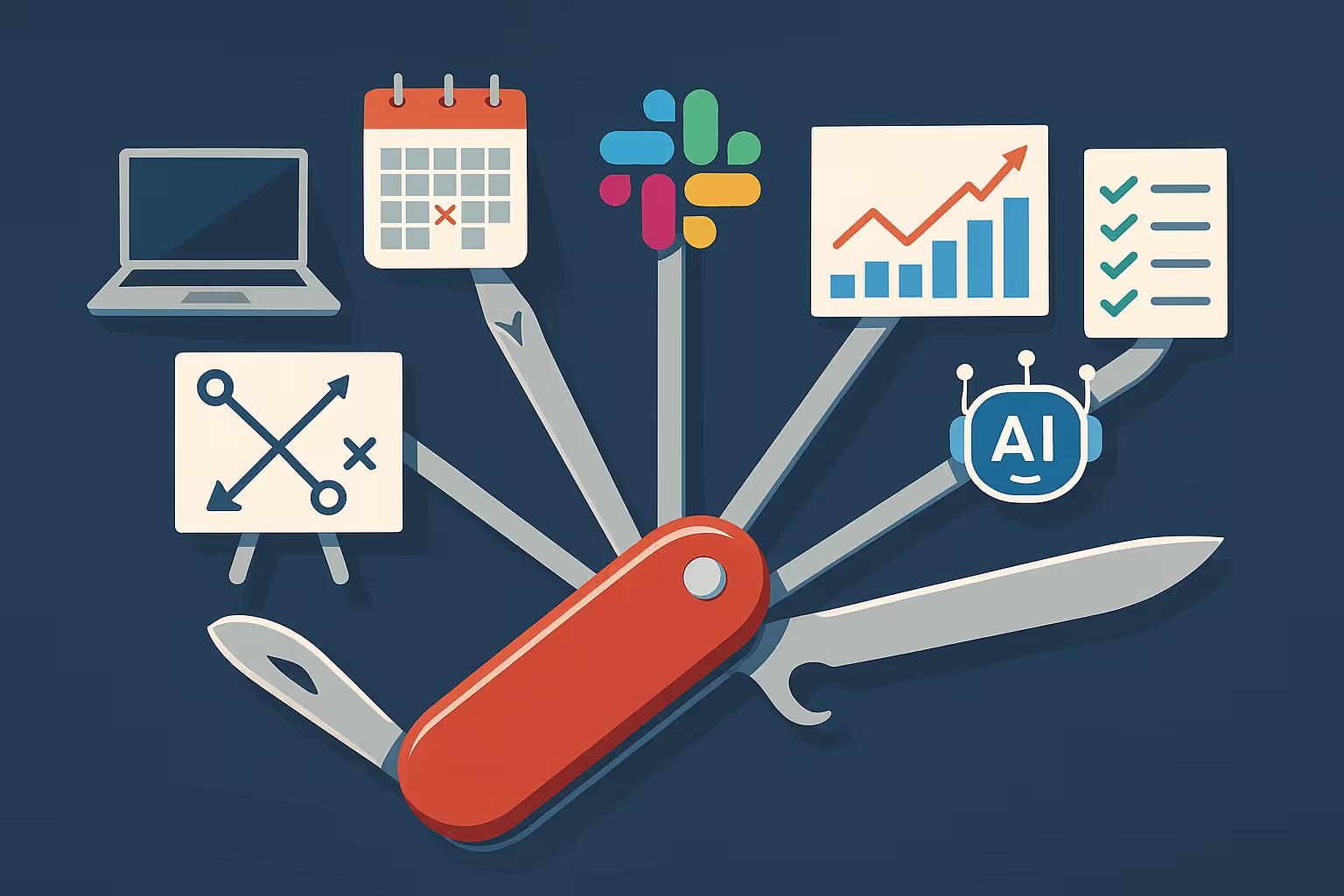For decades, career success hinged on deep expertise in a single domain. Doctors, engineers, financiers—people who spent decades mastering a single discipline dominated the upper echelons of professional life.
Technology has made starting and scaling businesses easier, shifting the landscape. As AI accelerates the process, replacing well-defined work, the defining skill of the modern era isn’t deep expertise in one narrow field. It’s the ability to think across disciplines, adapt to new challenges, and connect ideas that don’t seem connected at all.
This is the age of the generalist.
The traditional case for specialization was simple: depth of knowledge equaled competitive advantage. However, a specialist’s expertise becomes less impactful when the environment shifts. The generalist, by contrast, thrives in flux.
Consider the findings in Range, David Epstein’s deep dive into why generalists outperform specialists in complex and unpredictable fields. He argues that while specialists excel in stable environments, generalists adapt faster in rapidly changing ones. The best athletes often play multiple sports before committing to one. The most successful entrepreneurs experiment with different industries before settling on their breakthrough idea. The broader the base of experience, the more effective the problem-solving.
How to be an effective generalist:
1. Learn How to Learn
Generalists don't just acquire skills - they master the process of learning itself. Constant movement between different fields or even roles forces them to build a toolkit for understanding new domains quickly. They become experts at spotting patterns, extracting core principles, and applying lessons from one field to another.
Take Patrick Collison, who co-founded Stripe without deep expertise in payments or banking. His background building tools for ebay sellers gave him the edge to learn rapidly about complex systems and the needs of his customers. He combined insights from software engineering, economics, and regulatory frameworks to reimagine how online payments could work. His broad knowledge base let him see opportunities that others in the industry missed, turning Stripe into a $50B+ company.
2. Identify Patterns Others Miss
Generalists spot connections between disciplines that specialists, siloed in their expertise, often overlook. Steve Jobs saw the intersection of technology and design long before the rest of the industry caught up. His brief stint studying calligraphy informed the typography and user interface decisions that made the Mac a design icon.
This ability to connect ideas is increasingly necessary. As AI takes over narrow, specialized tasks, the human advantage lies in seeing the big picture, making unexpected connections, and thinking across domains.
Here are some first-principle questions a great generalist might ask when approaching a new industry:
- "What are the fundamental assumptions this industry operates on, and why?"
- "What metrics do insiders use to measure success? What metrics are they missing?"
- "Who are the dissatisfied customers/users and why? What jobs are people really trying to get done?"
3. Prepare for change & uncertainty
Specialists thrive in stable environments with clear rules. Generalists excel in ambiguity. This is why startups and fast-moving industries disproportionately favor them. Founders, product leaders, Chiefs of Staff—they don’t have the luxury of operating within well-defined parameters. They make high-stakes decisions with incomplete information.
Where Generalists Will Win in the new economy
The modern workplace won’t be kind to specialists. As AI and agentic automation reshape entire industries, those who adapt and learn across domains will thrive. Today's most valuable players are the ones who can connect the dots between disciplines and pivot when the ground shifts beneath their feet.
Generalists will thrive in roles that require connecting systems and spotting opportunities that specialists miss. As organizations flatten, the most valuable people will be those who can orchestrate multiple domains. Consider product managers who understand both technical constraints and user psychology or operations leads who can bridge finance, logistics, and manage team (human) dynamics.
The rise of no-code tools and AI agents means technical barriers are dropping, but the need for sound judgment across domains is rising.
Getting Started as a Generalist
There are a few things you can start doing today to improve your generalist aptitude.
1. Optimize for Learning, Not Just Credentials
You must actively choose not to follow a traditional career path; prioritizing learning over linear progression. This often means making lateral moves, experimenting with side projects, and embracing unconventional experiences.
Reid Hoffman, before founding LinkedIn, worked in academia, filmmaking, and venture capital. His success wasn’t built on depth in any single area—it was his ability to synthesize across them.
2. Develop “Anchor” Skills
Every generalist needs at least one or two deep skills to build credibility. The key is to develop an anchor—finance, operations, design, engineering—and then expand outward.
Wade Foster transitioned from a marketing background (what he dubbed Full Stack Marketing) into software development and operations, ultimately co-founding Zapier. The best generalists stack complementary skills over time.
3. Build a Network That Fills in the Gaps
Generalists don’t work alone. They succeed by surrounding themselves with specialists who complement their weaknesses. This is why founders often pair with technical co-founders, and why Chiefs of Staff are often paired with highly specialized executives.
Take Brian Halligan, co-founder of HubSpot, who had a background in sales and marketing but partnered with Dharmesh Shah, a technical expert, to build a leading SaaS platform for inbound marketing.
4. Embrace the “Portfolio Career” Mindset
Careers are no longer linear. The best generalists think in terms of skill portfolios, not job titles. They actively seek out new experiences, whether through projects, consulting, or side hustles. The most successful people today aren’t just employees—they are builders, investors, advisors, and creators.
For more awesome stories of people building a portfolio career, check out David Nebinski’s (Community Lead at the Chief of Staff Network) Portfolio Career Podcast!
The Future Belongs to the Generalist
We live in an era of relentless change. The skills that mattered yesterday won’t necessarily matter tomorrow. Industries are being reshaped in real-time, and the ability to adapt is now more valuable than any single area of deep expertise.
If the 20th century was the age of the specialist, the 21st belongs to the generalist. The world increasingly rewards those who can connect the dots, pivot when necessary, and solve problems with unconventional thinking.
As Wade Foster, Founder of Zapier, says - “The best way to learn is to try everything.”
The future belongs to those who refuse to be just one thing.





.avif)
.avif)








